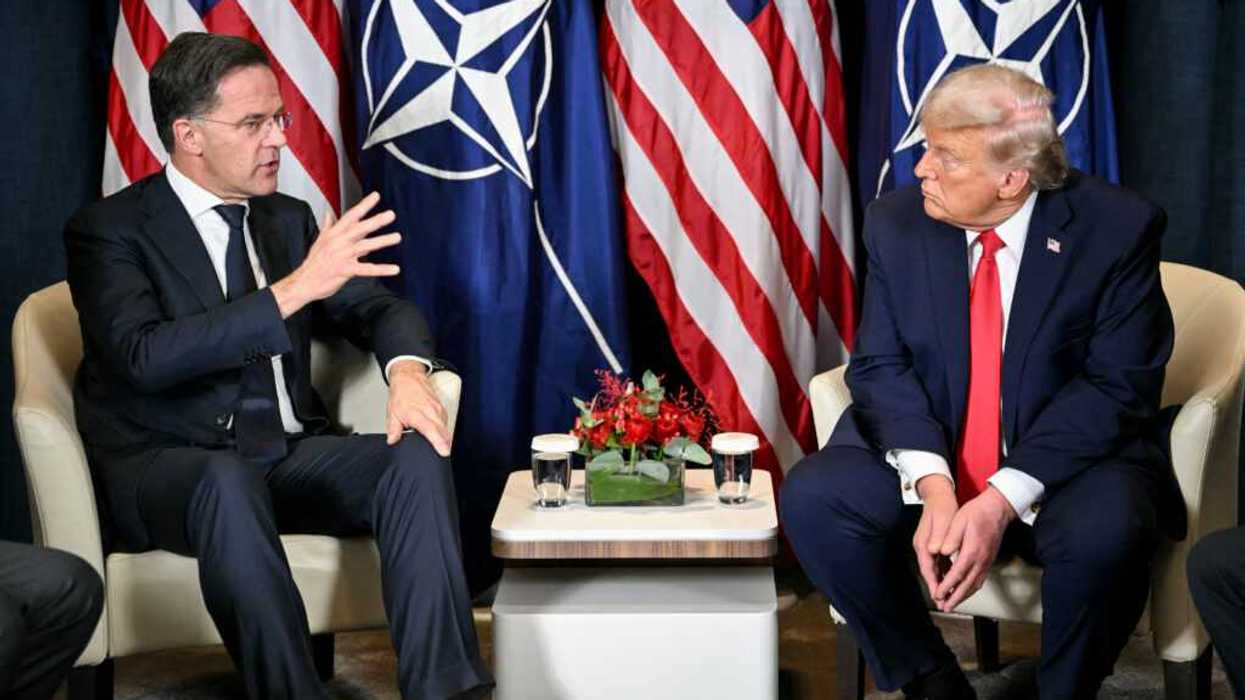Urban-Rural Action, with support from Heterodox Academy, has done a series of workshops with college students on how to have dialogues across difference. The need for this training is clear. Students often go through school without having constructive conversations with people they disagree with, and research shows that they are often hesitant to express their views on divisive topics.
In this episode of "Areas of Agreement," two students share what they learned from a recent workshop, what it's like trying to encourage thoughtful deliberation on their campus, and why that can be a challenge.
Areas of Agreement: Episode 9: The State of Public Discourse on Campus on Apple Podcasts
 Areas of Agreement: Episode 9: The State of Public Discourse on Campus on Apple Podcasts
Show Areas of Agreement, Ep Episode 9: The State of Public Discourse on Campus - Jun 2, 2022
Areas of Agreement: Episode 9: The State of Public Discourse on Campus on Apple Podcasts
Show Areas of Agreement, Ep Episode 9: The State of Public Discourse on Campus - Jun 2, 2022




















